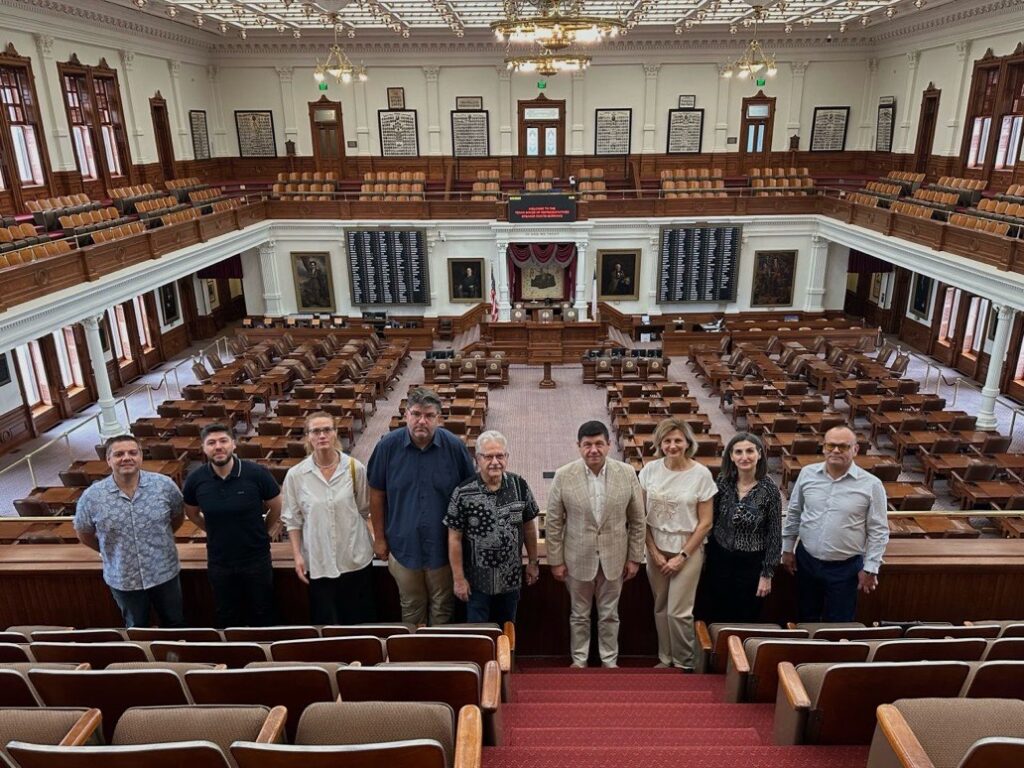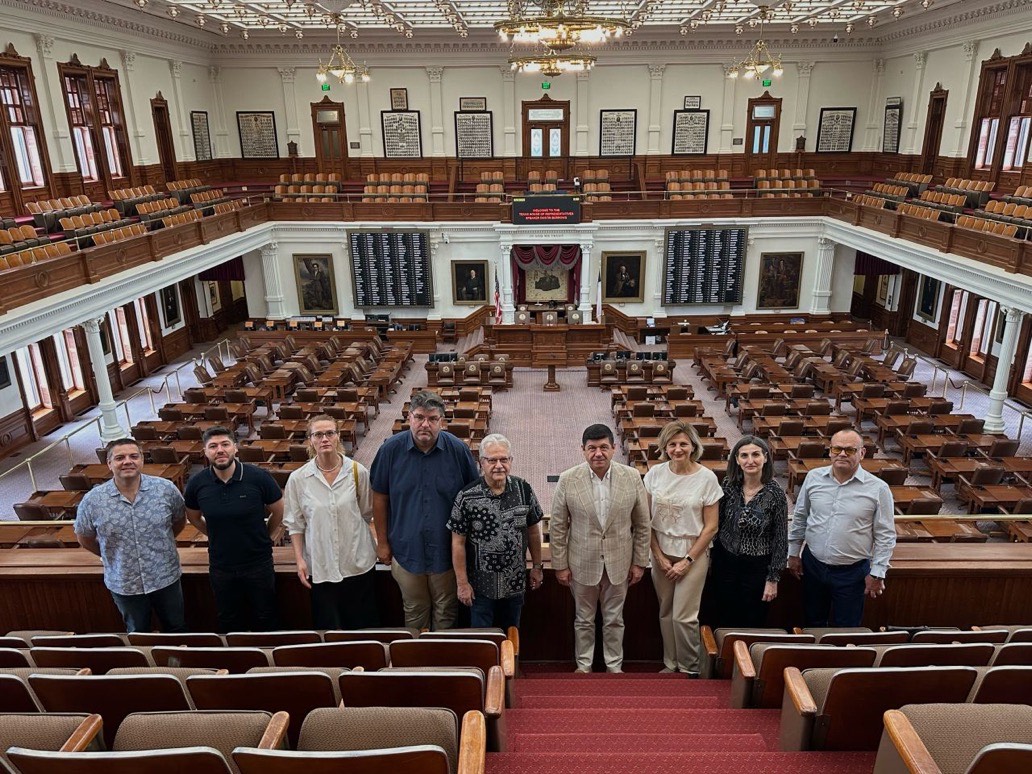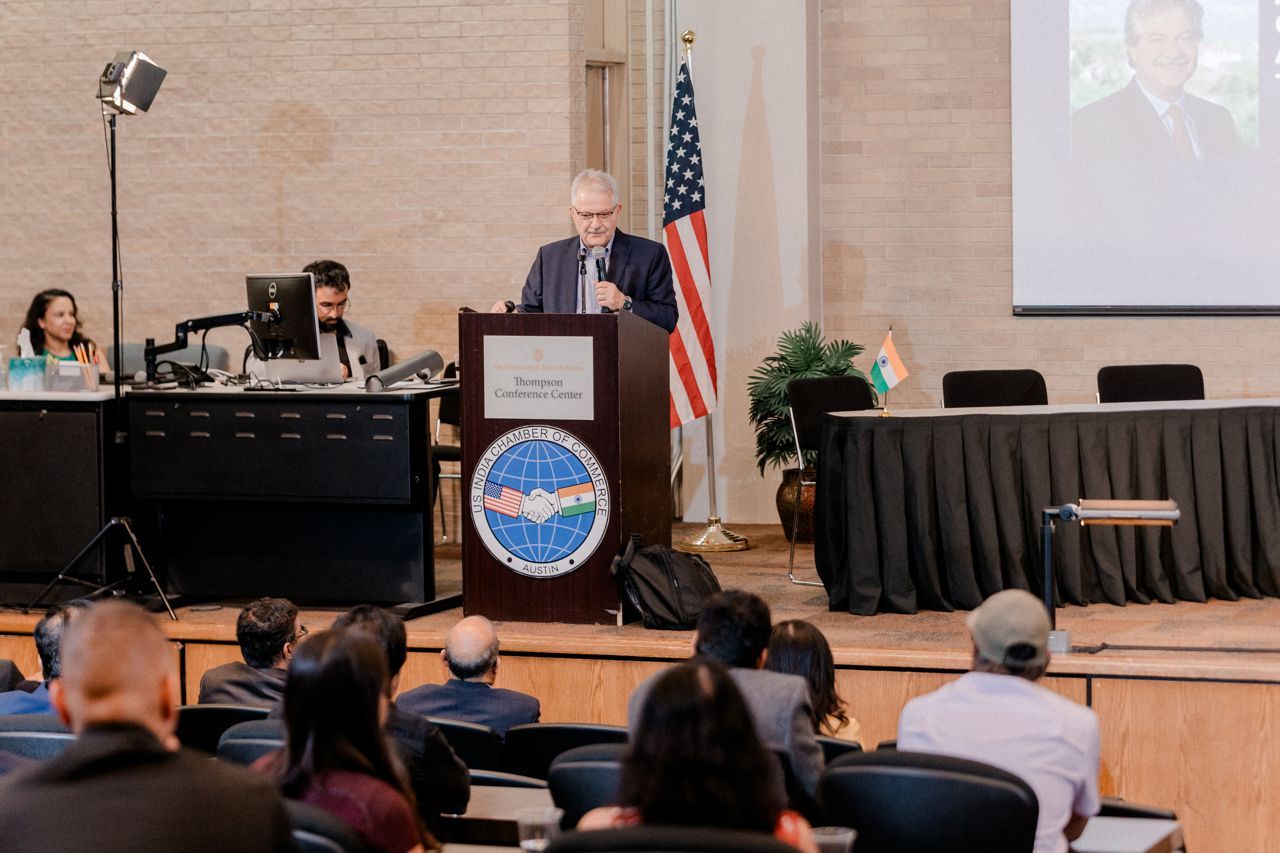The 75-million-person generational group born between 1981 and 1997, considered the most coveted talent pool in today’s labor market, are on the move. No metro area in the United States has witnessed this more explicitly than Colorado Springs, Colorado, which saw a 14.7% increase in their young adult population between 2010 and 2015. This is mainly due to the tech exodus from the San Francisco Bay area, where the prospects for owning a home for these young people are difficult and tech startups are finding far too many barriers of entry to stay.
Amongst job opportunities and growing technology industries, many young people are moving there because of affordable housing. The shocking reality for many millennials is that unless you reside in the 2% of young adults in San Diego who are able to afford the $590,700 median home price, the 4% in Los Angeles paying $686,100, or the 6% in San Jose shedding out a whopping $1,039,700, you will be looking towards more affordable locations. Taking a look at the cities with the highest millennial population growth rates, namely Colorado Springs (14.7%), San Antonio (14.4%), and Denver (12.8%), the cities had respective median house prices of $293,000, $176,100, and $424,700, closer to the national median of $226,800.
This generation, who have been deferring traditional coming of age decisions – getting married, buying a home, and taking on the responsibilities that result from immersing oneself into a community – are most likely doing so because of a desire to live in large cities and move often, normally into highly clustered, more productive, affluent metros in amenity rich places.
Millennials are both the most diverse and most educated generation the U.S. has ever seen. Underserved populations make up more than half of the millennial population in 10 states, including California, Texas, Arizona, Florida, and New Jersey. By 2024, Hispanics are expected to add 6,000,000 new homes owned to the national total, which will be the leading growth of homeowners and will stimulate the real estate market considerably. This could be attributed to the fact that some Hispanics are leaving the states that have historically hosted them, attracted by a job market in need of a labor force and more affordable housing.
Among the 15 cities with the largest population gains between 2017 and 2018, eight were in the South, six were in the West, and only one was in the Midwest. The ability for employees to work remotely, especially those in the tech industry, means that millennials are looking for warmer climates with higher qualities of life. However, as they seek warmer climates, they find themselves in more expensive housing markets and delayed home ownership. Many immigrants are finding it difficult to establish themselves financially, and in some cases are having to send money back home rather than receiving.
Throughout the country, there are several innovation hubs which are experiencing labor shortages for skilled tech workers. For example, North Dakota is seeing a wind energy driven economic boom, and The Mechanical, Electrical, and Plumbing Alliance in Colorado Springs is anticipating up to 96,000 vacancies in the state’s construction workforce by 2025. To leverage the benefits of attracting such an important part of our nation’s economy, AngelouEconomics conducts extensive quantitative and qualitative research to provide our clients with a thorough market assessment, as well as current and future economic trends.
This blogpost was written by our summer intern, Gerasimos Tselentis.
References:
Zillow, Inc. “United States Home Prices & Home Values.” Zillow, www.zillow.com/home-values/.
Blancero, D.M., Ruiz-Mourino, & Padilla, A. M. (2/15/2018). Latino Millennials—The New Diverse Workforce: Challenges and Opportunities. Hispanic Journal of Behavior Science Vol 40, Issue 1, 2018
Want to Learn More?
Send us an email at info@angeloueconomics.com to learn more.














